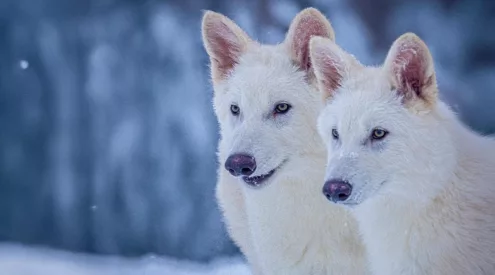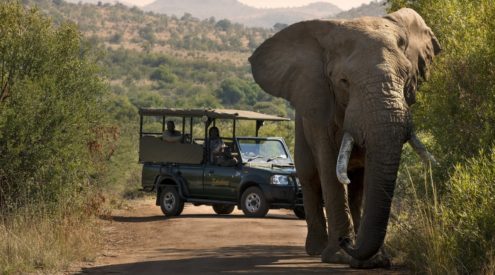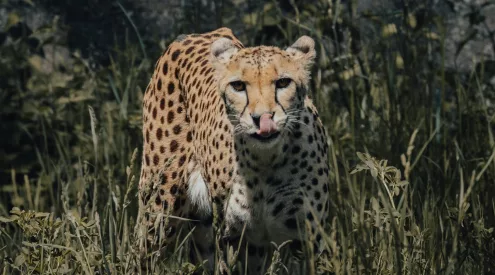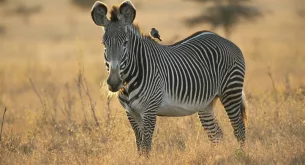Every year many South Africans take to social media to document a natural phenomenon: the white butterfly migration. Millions of brown-veined white butterflies flock to the sky, creating an incredible, photograph-worthy sight. This yearly occurrence has piqued the interest of many, causing them to wonder: where do these butterflies come from, and where do they go?
Belenois aurota
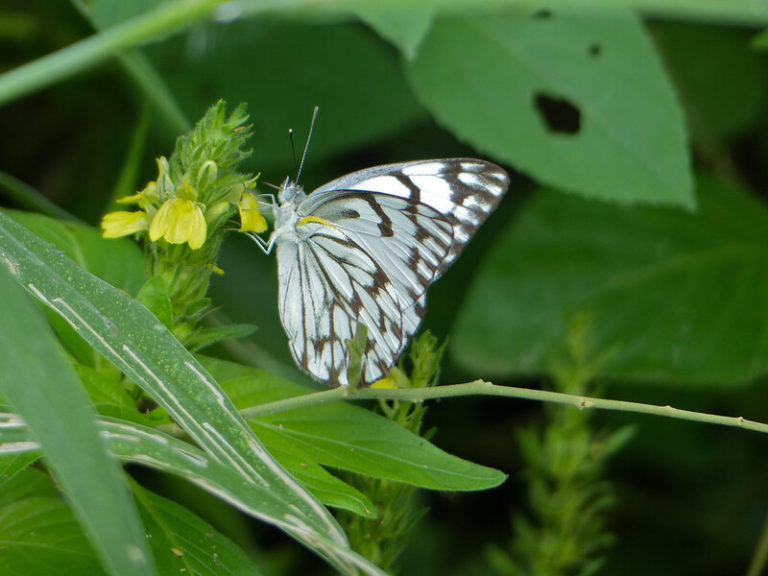
The brown-veined white butterfly has a distinct appearance: white wings with mostly brown veins that stretch from the border of their wings to the inner corners. Male butterflies have a wingspan of 40 to 45 mm, whereas female butterflies have a slightly larger wingspan of 42 to 50 mm, according to the South African National Biodiversity Institute.
Sometimes called the pioneer white or the African caper white, this butterfly is known as the most common butterfly in South Africa.
Where do they come from?
Whilst most typically seen in Gauteng, these butterflies are found in many arid regions of KwaZulu-Natal, Free State and Northern Cape, such as the Karoo and Kalahari. The populations are maintained by the female butterflies who lay eggs on trees before their migration.
Where do they go?
For these butterflies to migrate, the conditions need to be just right. Things like climatic conditions and their population status greatly impact whether or not they move forward with their migration. Though it is not certain what the exact destination of these butterflies is, they typically fly en masse in a north-easterly direction, and many join along the way. They take frequent pauses to lay eggs to further their population, according to Wildlife South Africa.
The journey takes approximately two to four days to complete. They have been spotted off the coasts of Mozambique and in Namibia, which is presumed to be their destination.
Currently, not much is understood about these creatures. Experts continue to learn every day about the brown-veined white butterfly and its great migration.
Whilst these explanations are not exactly exciting, witnessing them in flight certainly is.
Have a look at some videos from previous years of migration.
Picture: Bernard Dupont/Flickr Commons
ALSO READ


